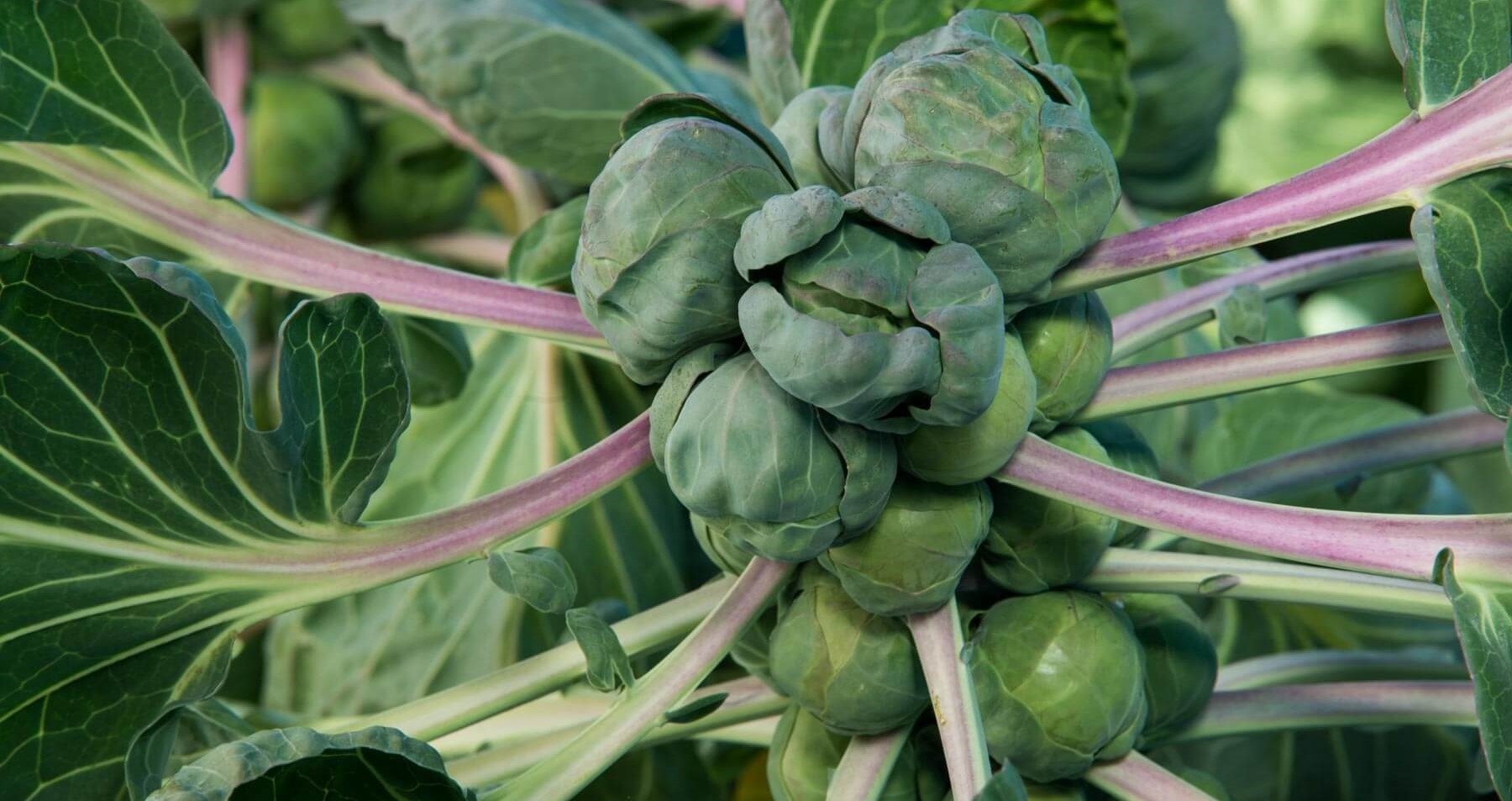Brussels sprouts

Brussels sprouts are small, round, leafy green vegetables that resemble miniature cabbages, typically measuring about 1 to 1.5 inches (2.5 to 3.8 cm) in diameter. They grow in clusters along the length of a thick stalk. Each sprout is composed of tightly packed leaves.
These vegetables have a somewhat bitter and earthy flavor, and their taste can be influenced by cooking methods and seasonings. Brussels sprouts are highly nutritious, rich in vitamins, minerals, and fiber. They are particularly known for their high vitamin K content, as well as vitamins C and A.
Brussels sprouts can be cooked in various ways, including boiling, steaming, roasting, sautéing, or even eating them raw. Cooking methods can significantly impact their flavor and texture. Overcooking can lead to a strong, unpleasant smell and taste, so it’s important to cook them just until they’re tender to preserve their delicate flavor. Common flavor pairings include garlic, bacon, balsamic vinegar, and various herbs and spices. These vegetables have gained popularity for their health benefits and versatility in cooking. They’re often included in a variety of dishes, from salads to side dishes, and even as a main course ingredient.



Leave a Reply